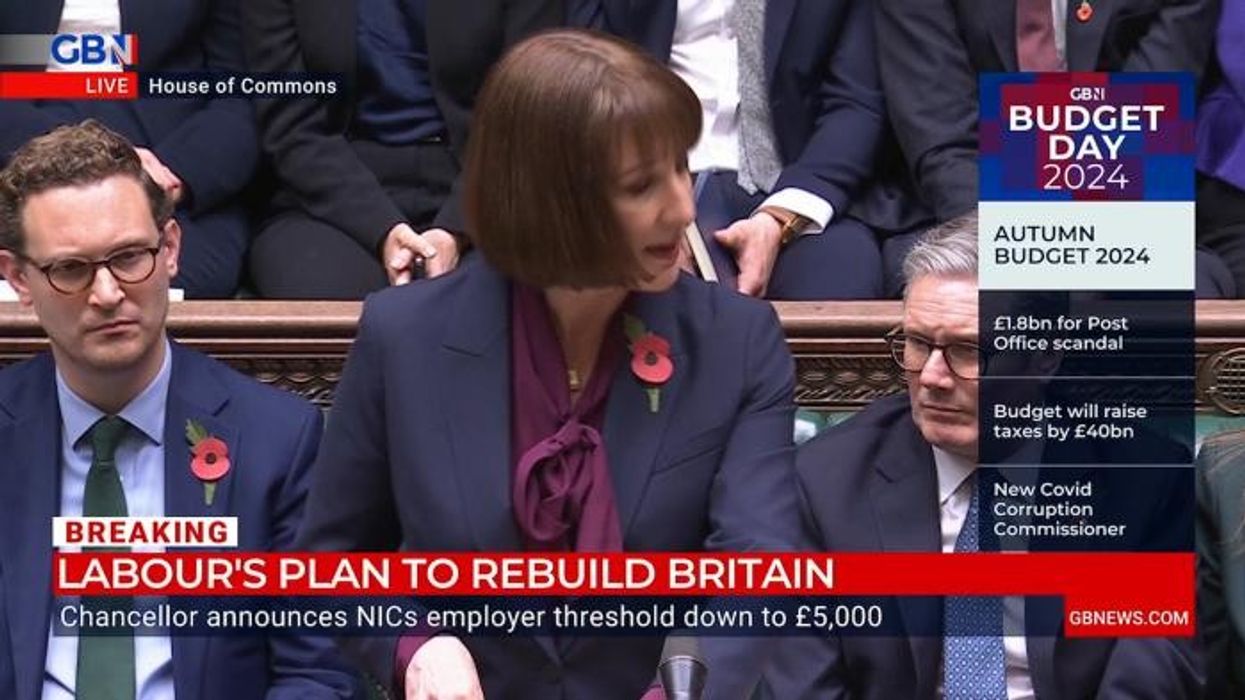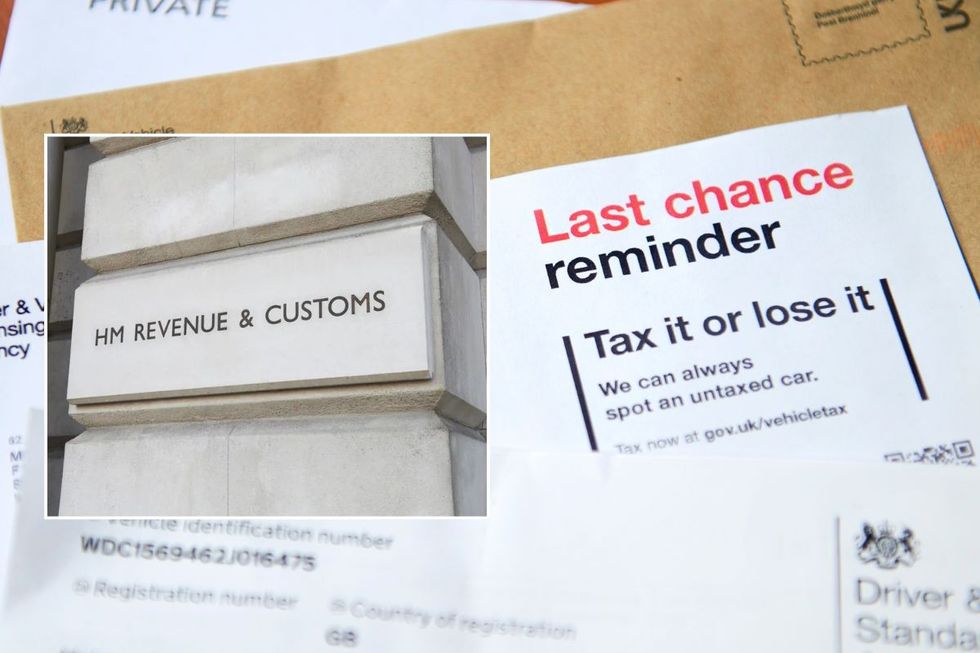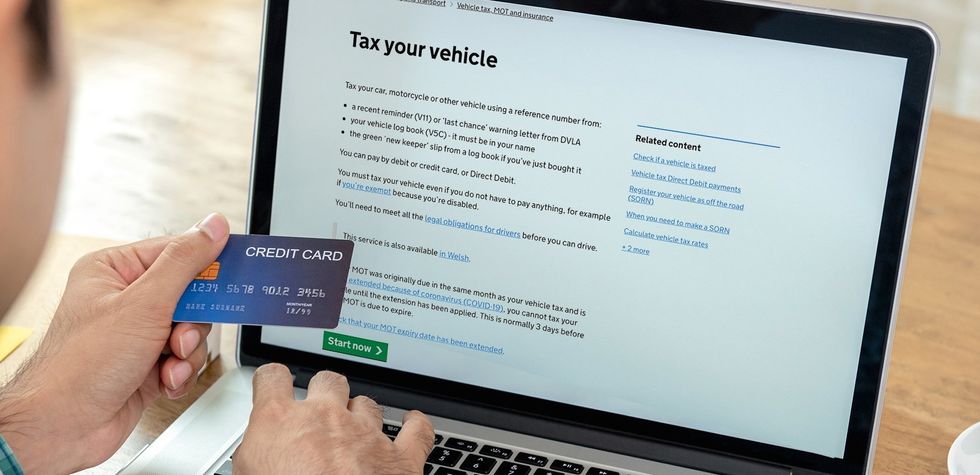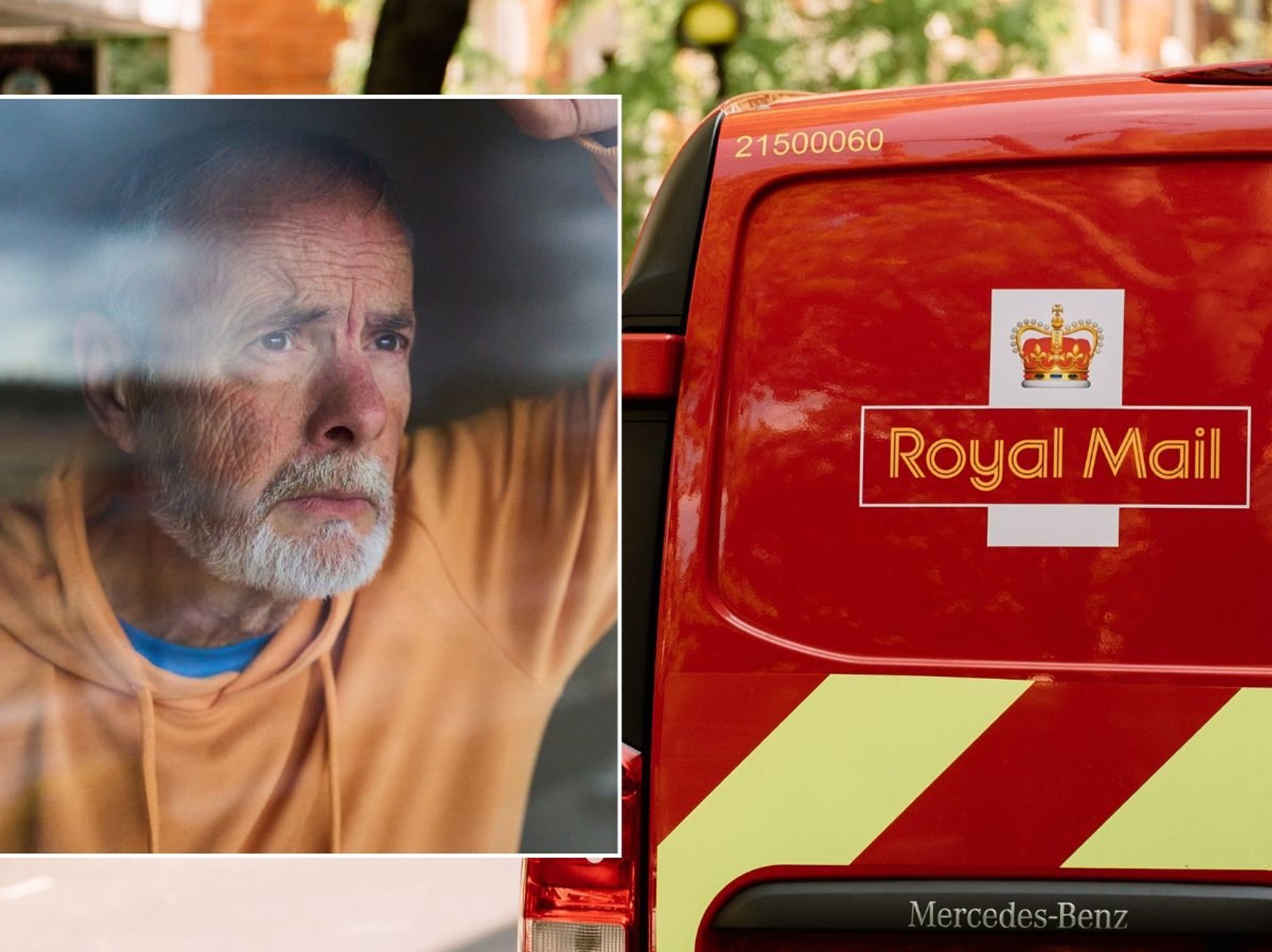Car tax changes launching next year could cost drivers £275million as HMRC faces backlash

WATCH: Rachel Reeves unveils new car tax measures
|GB NEWS

'We are urging the Government to re-think its proposal and support the motor industry and its workforce at this critical time'
Don't Miss
Most Read
Experts have confirmed that they will be meeting with the Government to present concerns about proposed car tax changes from HMRC.
Motor industry representatives have voiced strong opposition to Government proposals that would bring employee car ownership schemes under company car taxation starting in October 2026.
The draft legislation released by HMRC in July would make vehicles provided through these schemes subject to Benefit-in-Kind taxation from October 6, 2026.
**ARE YOU READING THIS ON OUR APP? DOWNLOAD NOW FOR THE BEST GB NEWS EXPERIENCE**
Car manufacturers and dealerships frequently use such arrangements to offer their workforce vehicles at significant discounts, making them an important tool for attracting and retaining employees in the automotive sector.

Motoring organisations have challenged HMRC on its car tax decision
|PA/GETTY
The National Franchised Dealers Association and major dealership group Vertu Motors have warned ministers that the planned changes could damage staff recruitment efforts across the sector.
Treasury officials anticipate the taxation changes will affect approximately 76,000 workers across 1,900 businesses that currently operate employee car ownership programmes.
HMRC's calculations suggest the measure will generate £275million in additional tax revenue during its initial year of implementation in 2026-27.
The projected income is expected to decrease gradually in subsequent years, with estimates showing £220million for 2027-28, £195million in 2028-29, and £175million by 2029-30.
These employee schemes have become less prevalent in recent years, though they remain particularly popular within automotive manufacturing and retail businesses where staff can access vehicles at substantially reduced prices.
Sue Robinson, chief executive of the NFDA, has cautioned that the proposed taxation would harm the sector's ability to attract workers and hinder the shift towards electric vehicles.
She said: "From speaking with our members and gathering evidence over the last few weeks, NFDA believes this will damage the attractiveness of employment in the industry and reduce the number of new cars being registered, ultimately slowing the transition to electric cars."
Ms Robinson emphasised that applying Benefit-in-Kind taxation to these schemes would hamper both large and small dealership groups' capacity to maintain their workforce and obstruct efforts to reduce carbon emissions from road transport.
LATEST DEVELOPMENTS:
The NFDA has formally expressed its "serious concerns" to HMRC through submissions to the Finance Bill 2025-26 technical consultation.
The chief executive confirmed that the NFDA would be following up with the Government in the coming months for an update on the situation.
"We are urging the Government to re-think its proposal and support the motor industry and its workforce at this critical time by maintaining ECOS as a valued and effective employee benefit," Ms Robinson added.
Robert Forrester, chief executive of Vertu Motors, has also cautioned Treasury officials that the proposed changes could actually diminish Government income rather than boost it.

The new car tax changes are set to launch on October 6, 2026
| X/DVLAUsing Vertu's workforce as an example, Mr Forrester demonstrated that nearly 250 staff members currently participate in the scheme.
He said: "The assumption that this change will have no significant macroeconomic impact is, in our view, incorrect.
"The proposal risks reducing vehicle volumes, disrupting pay structures, and damaging both the new and used car markets."
His calculations indicate that shifting these employees to conventional company car arrangements would see annual tax contributions per worker plummet from £32,500 to £4,505, resulting in a £7million revenue reduction for the Government from his company alone.










